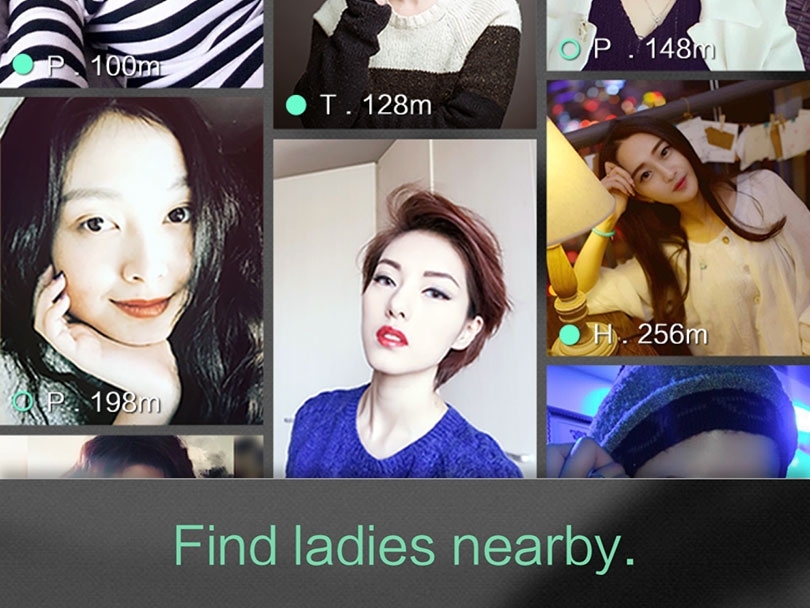Late last year, the case of a student from Guangdong suing the Chinese Ministry of Education over the labelling of homosexuality as a mental illness in textbooks brought the attention of the Western Press to the issue of LGBTQIA-Rights (Lesbian, Gay, Bisexual, Transgender, Queer, Intersexual and Asexual) in China. The story was covered in media from CNN to the Shanghaiist.
Many foreigners in China are aware that the situation for the gay community in China is somewhat complicated. It is often considered to be far from ideal or existentially perilous, while homosexuality itself was only decriminalised as recently as 1997 and removed from the list of mental illnesses in 2001. Despite these steps, discrimination against homosexuals is rampant, both from politics and among society in general. For example, the new domestic violence law passed just last month does not offer protection to gay couples, according to Reuters.
Still, a more accurate reflection of the homosexual world in China is scarce. This is especially true in the case of lesbian and bi women, who are generally less represented in media than gay men. Gloria, who prefers to go by her English name to avoid potential negative consequences from her family or in her professional career, was willing to give Hello Nanjing some insights in the lives of queer women in China and Nanjing in particular.
Gloria is a leading member of SELF, short for Subvert, Energy, Life and Female, a group for lesbian and bisexual women in Nanjing, founded three years ago. The group consists of approximately 30 volunteers, including students and professionals, who organise hiking trips, board games nights, cooking events and similar activities through which lesbian women can socialise, exchange advice and provide assistance in a safe space. Moreover, the group tries to educate people about LGTBQIA-issues through actions such flyer campaigns or the showing of gay movies.
Speaking both from personal experience as well as the experiences of other members of SELF, the biggest problem that affects homosexual women (and men) in China is domestic violence, usually from parents, said Gloria. This can take the form of verbal attacks, severe threats and also physical violence. Chinese society still exerts a lot of pressure on families and individuals to perform according to what is considered to be the normal, including (heterosexual) marriage and the continuation of the family. A gay child does not figure in this. Children are also supposed to behave with piety towards their parents, including of course, not causing them pain or embarrassment. This leads many lesbian women and gay men to enter fake marriages in order to please their parents and society. However, these arrangements can be dangerous for women since they may face additional pressure and violence from their husbands and in-laws. SELF works together with “rainbow lawyers”, who provide free legal aid for people in these marriages (they also offer help to outing-related issues, such as job discrimination).
Gloria opposes the fake marriage approach; “If everyone enters fake marriages, nothing will change,” she says, noting that China’s LGBTQIA-community needs to gain more visibility. In that sense, the aforementioned lawsuit is positive since it generates attention for the issue. “Even if she [the student] can’t succeed, it’s something that’s worth it in the end,” said Gloria. However, she remains doubtful about the long-term effects, saying that this sort of attention is usually short lived.
Helen is a young professional who has worked as interpreter and personal assistant for the chairmen of both Western and Chinese companies. She is also a “straight ally” of SELF, but prefers to stay anonymous, fearing personal and professional backlash from being an unmarried woman involved with lesbian activists. She notes that attitudes towards gay people are changing among the younger generations of Chinese people. According to her, one reason for this might be that many educated young Chinese women and men are questioning social norms such as the pressure to marry, which may also make them understand more of the struggle of the LGBTQIA-community. Helen says she hopes that, “one day, people will not say ‘he is gay, she is a lesbian,’ but just let people be together and marry.”
Indeed, a change of attitude towards sexuality in China does appear to be taking place, even if only by small steps, There is now a “straight allies” NGO called Zhitong Daohe (直同道合), while SELF recently acquired its first male volunteer, a young student from a local high school. Then there is the bilingual lesbian dating app Lesdo (“If it is discovered that you are male your smartphone ID will be BANNED”), launched a little more than two years ago and developed by Beijing Ledu Science & Technology Co. Ltd. Most importantly, like Gloria, women in China are more and more confident about their sexuality. She points to the online community Yummy, where all kinds of women, no matter bi, homo, hetero or other, can share their experiences about sexuality. The page also provides sexual education for women and information on women’s rights.
However, how much influence these societal changes are having is doubtful, especially considering that it still appears to be a huge problem to be associated with gay activism in China. Pragmatically, Gloria does not believe in hoping for a generational change to turn the situation around for the gay community, “It is not a matter of time, but it is a matter of our effort.”
SELF would be happy to welcome foreigners in Nanjing as volunteers or guests at their activities. If you are interested, Hello Nanjing will be happy to put you in contact with Gloria. Email us at hellonanjing@sinoconnexion.com.









